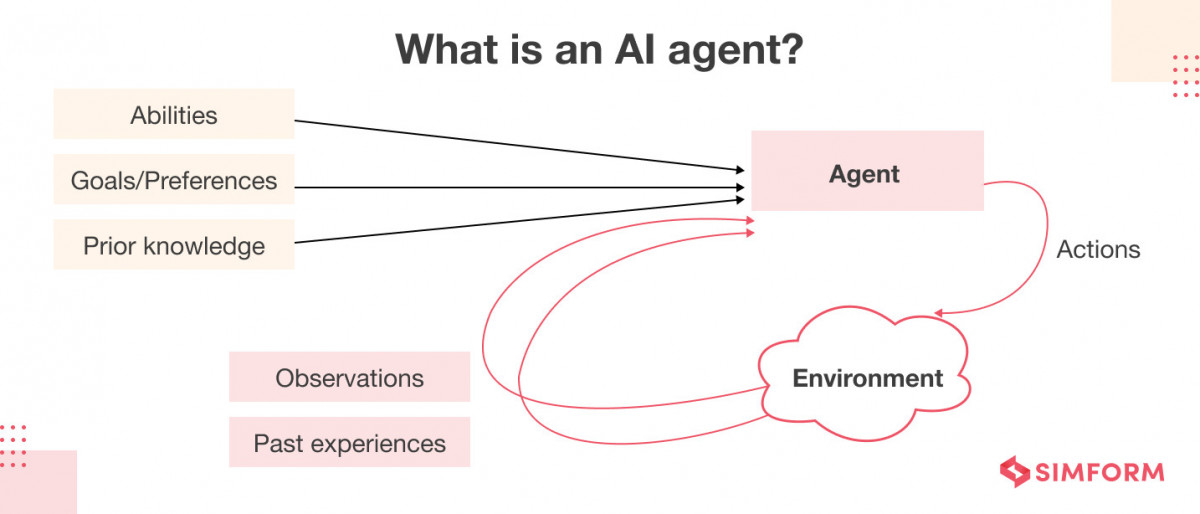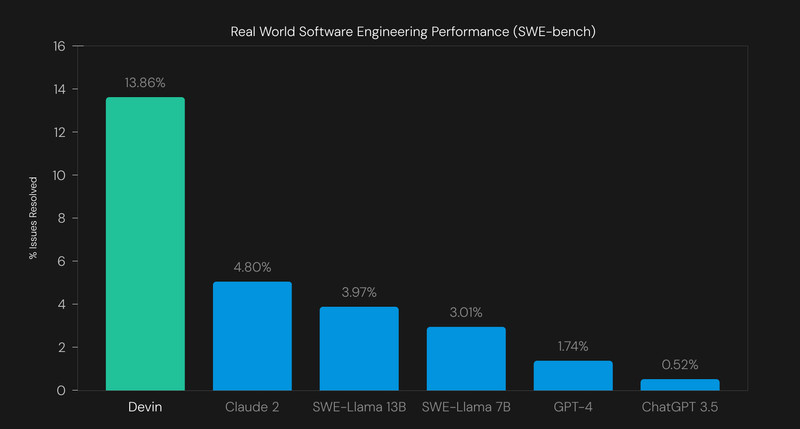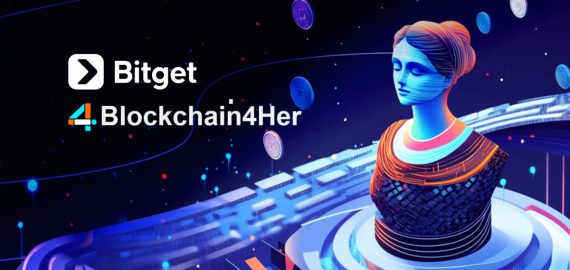From Simple Reflex to Learning Agents: Check Out the Different Types of AI Agents and Their Roles in Modern Apps


In Brief
Autonomous AI agents, designed to pursue goals independently, could be the next major advancement in artificial intelligence, surpassing current models like ChatGPT and DALL-E.
Whilst today’s AI models like ChatGPT and DALL-E are impressive tools, the next major leap in artificial intelligence may come from autonomous AI agents. Rather than simply providing outputs when prompted, AI agents are software programs designed to pursue goals independently, taking actions in the world in service of those goals.
How Do AI Agents Work?
AI agents combine large language models with the capability to store information, keep track of tasks, and trigger actions based on their evolving understanding. For example, an agent aimed at planning a holiday could search the web for hotels and flights, make bookings, seek clarification from the user when needed, and provide a finalised itinerary.

Photo: SIMFORM
The key distinction is that instead of waiting for prompts, agents continuously generate their own prompts to make progress on their objectives. They monitor the world, update their beliefs, and alter their behaviour accordingly, much like humans. This allows agents to handle open-ended tasks without constant oversight.
Types of AI agents
Based on their apparent intelligence and competence, Russell and Norvig divided agents into five groups according to their capacity to function in partially visible environments:
- Simple reflex agents ignore the remainder of the percept history in favour of acting only on the current perception.
- Model-based reflex agents are able to function in partially visible settings by preserving an internal model that captures the parts of the present state that are not viewed.
- Agents that are goal-based are able to pick from a variety of options and identify the one that leads them to the desired state by using goal information to characterise desired scenarios.
- Utility-based agents leverage a utility function to evaluate a state’s utility and may discriminate between goal and non-goal states.
- Learning agents grow more proficient than their starting knowledge alone when they function in unfamiliar situations. While the performance element chooses external activities, the learning element makes changes.
What AI Agents Can Be Used For?
The progression to AI agents represents a shift from simply querying an AI to offloading entire goals to artificial intelligence. It’s a step towards artificial general intelligence (AGI) – AI systems with broad, general capabilities akin to the human mind.
The potential of competent AI agents is tantalising. They could automate a wide range of knowledge work, serving as personalised holiday planners, assistants, researchers, tutors, and more. More powerful agents could eventually take on roles like software developers, data analysts, writers, and managers.
One of the most interesting usages of AI agents can now be seen in the case of self-driving cars. AI agents help to drive cars that follow traffic laws as they move from one place to another. As autonomous driving technology develops, cars may work together with urban facilities or other cars to create a multi-agent artificial intelligence system. Future transportation systems will be able to function more intelligently and effectively thanks to this connection, which also makes it possible for safer precautions, more efficient route planning, and better traffic flow.
Here’s an example of how Tesla leverages AI for its autopilot system:
Also, just a couple of weeks ago, we could witness the launch of the first AI software engineer – Devin.
Devin is a novel artificial intelligence model that can execute intricate technical duties, identify errors gradually, and correct them. It comes in a sandboxed computing platform with standard development tools, including a code editor, browser, and shell. According to Cognition, Devin outperformed the previous state-of-the-art, which was 1.96%, by properly resolving 13.86% of issues end-to-end on the SWE-bench benchmark.

Photo: Cognition
As hardware and AI models improve, agents will become increasingly capable and reliable. Future advances may come from approaches like reinforcement learning, where agents practise taking actions in simulated environments, or from combining multiple language models to handle multi-modal inputs such as text, images, and speech.
Good Technologies Without Its Limitations
However, the path to smarter agents is fraught with safety considerations. What if an agent’s actions cause harm, either due to flawed reasoning or adversarial motivations programmed by bad actors? As agents pursue complex strategies to achieve their goals, their behaviours could become difficult to predict or control. There are also ethical questions about the level of autonomy agents should have. If an agent can earn money or create copies of itself independently, what rights and obligations should it have? How can we ensure agents behave in alignment with human values and societal norms?
While undoubtedly powerful, autonomous AI agents raise a host of technical, legal, and philosophical challenges to overcome. Getting agent AI rights will require rigorous testing capabilities, formalising rules around their deployment, and developing robust safety measures such as “kill switches”.
Still, agents represent an exciting next step towards artificial general intelligence. As we thoughtfully navigate the difficulties, agents could fundamentally augment and automate myriad knowledge work tasks in the decades ahead. With human ingenuity and the right safeguards, this powerful technology can be harnessed for immense societal benefit.
What Do Technology Leaders Think About AI Agents?
Bill Gates, a co-founder of Microsoft, believes that in five years, artificial intelligence will render the need for many apps superfluous. In the future, according to Gates, AI bots will be able to understand and react to spoken language as well as carry out a variety of jobs depending on user data. Our lives will be altered by these agents in both online and offline ways. An AI agent may, for instance, make restaurant reservations, arrange travel and lodging, and suggest activities based on the interests and preferences of the user.
According to OpenAI CEO Sam Altman, AI technologies will eventually become more integrated into our daily lives than cell phones. He envisions AI programs that can do jobs rapidly and ask questions for more difficult ones. This is not like the existing apps, which are mostly used for discrete jobs, including DALL-E, Sora, and ChatGPT. According to Altman, AI agents will be able to assist humans outside of chat rooms and relieve us of duties in the real world.
Disclaimer
In line with the Trust Project guidelines, please note that the information provided on this page is not intended to be and should not be interpreted as legal, tax, investment, financial, or any other form of advice. It is important to only invest what you can afford to lose and to seek independent financial advice if you have any doubts. For further information, we suggest referring to the terms and conditions as well as the help and support pages provided by the issuer or advertiser. MetaversePost is committed to accurate, unbiased reporting, but market conditions are subject to change without notice.
About The Author
Victoria is a writer on a variety of technology topics including Web3.0, AI and cryptocurrencies. Her extensive experience allows her to write insightful articles for the wider audience.
More articles

Victoria is a writer on a variety of technology topics including Web3.0, AI and cryptocurrencies. Her extensive experience allows her to write insightful articles for the wider audience.


















































